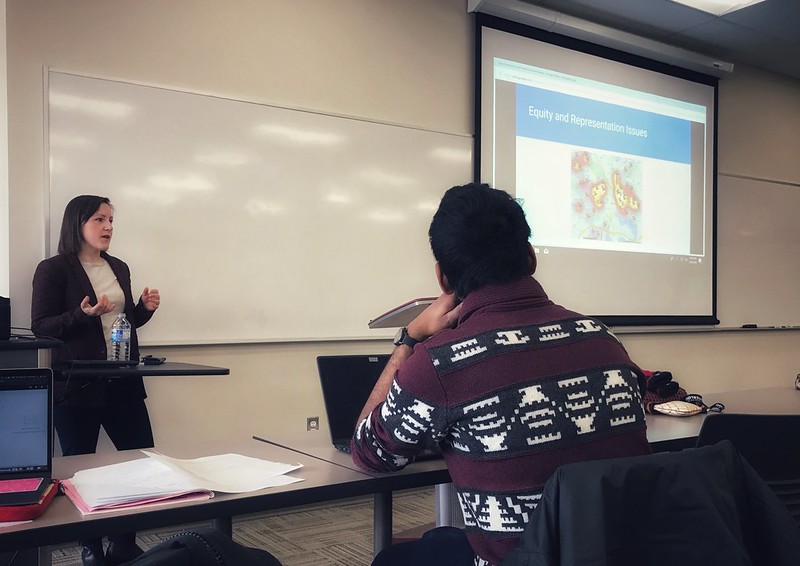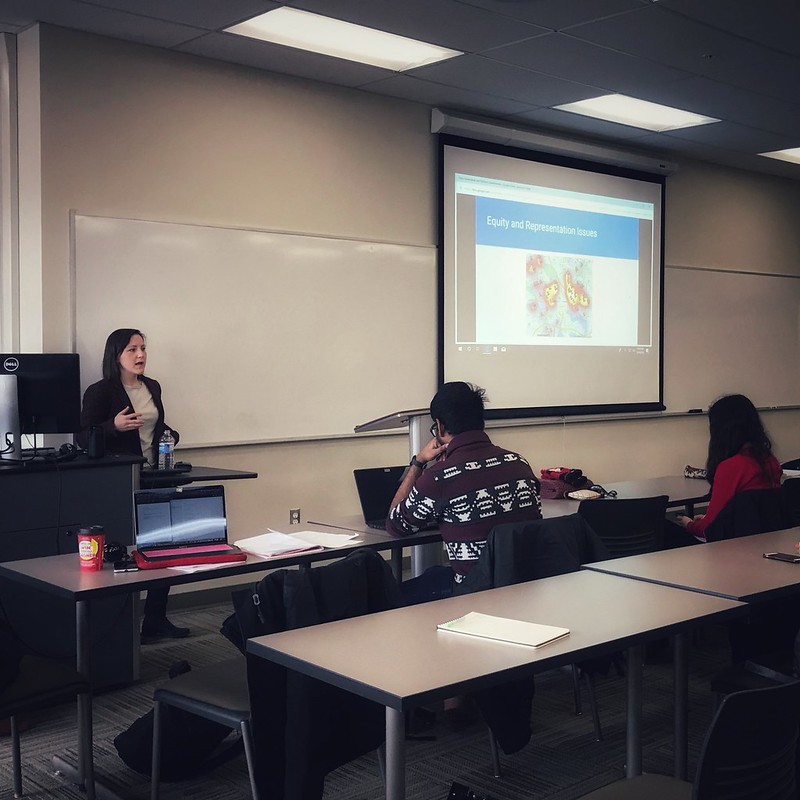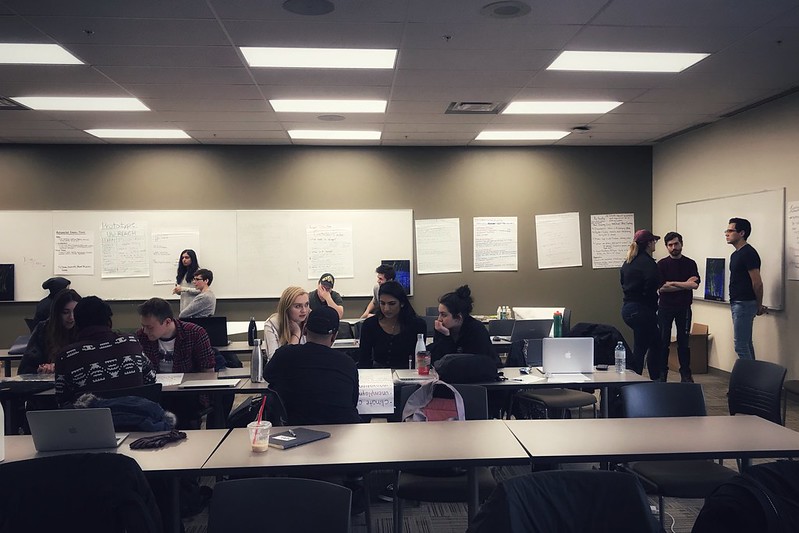Government in a Digital Era: Module 6
From January to April 2019, I’m teaching the “Government in a Digital Era” course as part of the Masters of Public Service program at the University of Waterloo.
I’ve had a few people ask me about the course—what we’re learning, what we’re reading, how the classes are going—so I thought I’d share some information about each module that we cover in the class. Today, I’m sharing the course overview from our sixth module, as well as a link to some of the reflections that the students have done. I’m also sharing what bowtie I wear to class every week because, well, why not?
Module 6: Data, Evidence, and Decision-Making
The underpinning of good decision-making is the information we have in order to make those decisions, and the ability to effectively analyze, synthesize, evaluate, and act upon that information. This module will focus on the idea of evidence, and how evidence-based decision-making changes in an era of abundant data.
We will explore the various kinds of data available to government now—open, crowdsourced, collected, disclosed, procured, etc.—from a multitude of sources (traditional and digitally-enabled) and ask ourselves questions around the new nuances of data collection, security, privacy, and use. We will examine the role of data in evidence-based decision-making, as well as in incenting action among citizens and businesses using techniques such as “nudge” and other behavioral insights.
Guest Lecture: Amanda Clarke, Professor, Carleton University School of Public Policy and Administration
Learning Outcomes:
- Understand how new data sources and types are changing the way evidence is collected, analyzed, and acted upon in government.
- Gain awareness of the new realities around data collection, protection, security, and use in a digital era.
- Critically examine how data and evidence can be better used to inform decisions but also drive action.
Activity:
Brainstorm: what are some of the most pressing issues facing government today? Refine: which of those have some kind of digital intersection, and how? Prioritize: pick one of those issues and tease out its nuance. Examine: what data and information do we need, and have to work on this big issue?
Resources and Reading:
- Beyond Tech: Policymaking in a Digital Age, Jen Pahlka
- Digital Government Doesn’t Equal Democratic Government, Amanda Clarke
- Digital Government Units: Origins, Orthodoxy and Critical Considerations for Public Management Theory and Practice, Amanda Clarke
- Understanding Governance in a Digital Era: An Agenda for Public Administration Research in Canada, Amanda Clarke, Evert Lindquist and Jeffrey Roy
- The Vestiges and Vanguards of Policy Design in a Digital Context, Amanda Clarke and Jonathan Craft
- Data Governance for a Digital Age (Collection of essays—students are expected to select the essays they feel would be most relevant to their interests.)
- Instruction Slides
Student Reflections
At the start of the course, I asked students to share their reflections on each module, and encouraged them to share them publicly where they felt comfortable. A few of them took me up on the challenge:
- Reflections shared on Twitter: 1, 2
- Reflections shared on blogs: 1, 2, 3, 4, 5
- Reflections shared on Youtube: 1, 2
- A reflection shared on Google Docs
- And of course, another episode of the class podcast
I’ve encouraged more students to share their thoughts in the open, rather than simply uploading their files. Hopefully, more to come next week!
Bowtie of the Week (and other photos)
I wear a bowtie to class every week, so I thought I’d end this post with a snapshot of that bowtie, and any other snapshots from the class.



